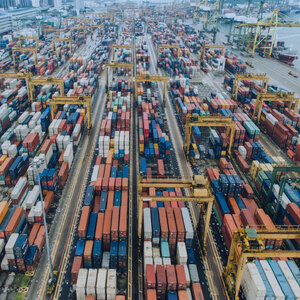Having an efficient supply chain is the key to success for companies across all industries. In today’s article, we’ll explore the importance of the pharmaceutical supply chain, the challenges it faces, and how it can be optimized to maximize the potential of each process it involves.
What is the pharmaceutical supply chain?
The pharmaceutical supply chain comprises the set of processes and activities that enable the production and distribution of medicines, from sourcing raw materials to delivering the final product to the consumer. It includes multiple stages, such as manufacturing, storage, transportation, and distribution, all of which are critical to ensuring the availability and quality of pharmaceutical products.
The key elements of this supply chain include raw material suppliers, pharmaceutical manufacturers, wholesalers, pharmacies, and healthcare centers. Moreover, the pharmaceutical supply chain relies on various technologies and management systems to facilitate the coordination and optimization of activities.

The importance of the supply chain in the pharmaceutical industry
The supply chain is fundamental in the pharmaceutical industry because it ensures that medicines are delivered safely and within agreed timelines. An efficient system not only guarantees the availability of essential products but also maintains quality standards and complies with the industry’s strict regulations.
The importance of a well-managed supply chain is reflected in the industry’s ability to respond to health emergencies, efficiently manage inventory, and minimize risks related to expiration and counterfeit products. Ultimately, a robust supply chain is essential for public health and the well-being of society as a whole.
Main challenges in the pharmaceutical supply chain
Efficient supply chain management must always address various challenges and obstacles. Each industry has unique characteristics, making these challenges distinct. Below are the main challenges found in the pharmaceutical sector:
Regulations and compliance
One of the biggest challenges in the pharmaceutical supply chain is complying with the strict regulations imposed by health authorities. These regulations are designed to ensure the safety and efficacy of medicines and cover everything from Good Manufacturing Practices (GMP) to product distribution and storage.
Meeting these requirements involves coordination and detailed documentation at every stage of the supply chain. Companies must be prepared for constant audits and inspections, which can be costly and complex. However, regulatory compliance is essential to avoid penalties and maintain public trust in pharmaceutical products.
Inventory management and expiration
Inventory management is another critical challenge in the pharmaceutical supply chain. Given the perishable nature of many products, it is essential to optimize inventory levels to avoid both overproduction and shortages. Medicines have strict expiration dates, adding another layer of complexity to inventory management.
Failure to implement an efficient system can result in significant losses due to expired products and supply disruptions that negatively impact patients. Therefore, it is vital to implement strategies and tools that enable precise and efficient inventory management.

Product security and traceability
Product security and traceability are essential aspects to prevent counterfeiting and ensure the quality of medicines. Counterfeit drugs not only pose a threat to public health but also undermine trust in the healthcare system.
To address this issue, various technologies and systems have been developed to track each product batch from manufacturing to final delivery. Implementing barcodes, RFID tags, and blockchain systems are examples of how technology can improve traceability and security in the supply chain.
Cold chain management
The cold chain is crucial for certain medicines and vaccines that require specific storage conditions to maintain their efficacy. Managing the cold chain involves ensuring products are kept within a strict temperature range throughout the supply chain, from manufacturing to final distribution.
Any failure in the cold chain can compromise product quality and endanger patient health. Therefore, monitoring and control systems are necessary to ensure the proper conditions are maintained at all times.
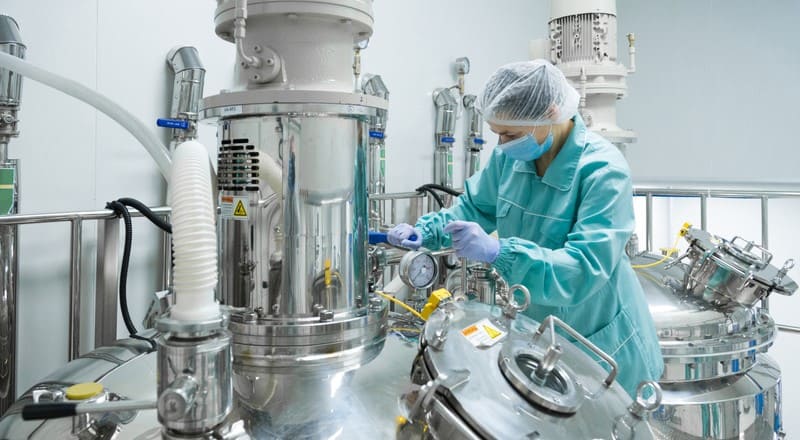
Strategies for Supply Chain Optimization
Pharmaceutical companies seeking to optimize their supply chains have various tools and strategies available to streamline the process. Below, we outline the most effective and easily implementable strategies.
Digitization and Automation
Digitization and automation are key strategies for optimizing the pharmaceutical supply chain. Implementing advanced technologies such as Artificial Intelligence, the Internet of Things (IoT), and robotics can significantly improve operational efficiency.
Automating repetitive tasks like inventory management and production planning reduces errors and accelerates operations. Additionally, digitization enables real-time data collection and analysis, improving decision-making and responsiveness to changes in demand or supply chain disruptions.
Integration of ERP and SCM Systems
Integrating Enterprise Resource Planning (ERP) systems and Supply Chain Management (SCM) solutions is fundamental for efficient and coordinated management. ERP systems manage various business functions such as finance, human resources, and operations, while SCM systems focus on supply chain planning and execution.
This integration facilitates the flow of information across departments and provides a holistic view of the supply chain. It improves internal coordination and enhances collaboration with suppliers and logistics partners.
Use of Big Data and Predictive Analytics
Big Data and predictive analytics offer significant opportunities for optimizing the pharmaceutical supply chain. By analyzing large volumes of data, companies can identify patterns and trends that enable more accurate demand forecasting and better operational planning.
Predictive analytics helps anticipate potential supply chain disruptions and enables proactive decision-making to mitigate them. For instance, it can forecast changes in the demand for specific medicines during certain seasons or identify risks in the raw material supply chain. These capabilities contribute to more efficient and resilient supply chain management.

Keys to an Efficient Supply Chain
To achieve an efficient pharmaceutical supply chain, several key aspects must be prioritized. First, seamless collaboration and communication among all supply chain stakeholders, including suppliers, manufacturers, distributors, and regulatory entities, are crucial. Good coordination can prevent problems before they escalate and ensure timely product delivery.
Second, investing in advanced technology and systems is paramount. Adopting digital and automated tools not only improves operational efficiency but also facilitates regulatory compliance and product traceability. Technology should be viewed as an ally in modernizing and optimizing the supply chain.
Third, continuous employee training is vital for success. Staff should be skilled not only in their specific roles but also in the new technologies and processes being implemented. This ensures they can effectively utilize the tools at their disposal and contribute to the overall success of the supply chain.
Finally, sustainability must be considered. Responsible resource management, waste minimization, and adopting eco-friendly practices can improve operational efficiency, enhance the company’s reputation, and meet consumer and regulatory expectations.
Efficiency Is Key in the Pharmaceutical Supply Chain
An efficient supply chain in the pharmaceutical sector is essential to ensure the quality and availability of medicines. It must address challenges such as regulations, inventory management, security, traceability, and the cold chain. Adopting advanced technologies, digitization, automation, and Big Data optimizes these processes, improving coordination and efficiency through ERP and SCM system integration. Efficiency is achieved through collaboration, technological investment, staff training, and sustainability. These strategies enable pharmaceutical companies to deliver high-quality products on time, comply with regulations and patient expectations, and contribute to societal well-being by ensuring the availability and safety of essential medicines.
At Imperia, we offer a supply chain management tool designed to enhance efficiency not only in the pharmaceutical industry but also for companies across all sectors. By customizing our software to meet each company's unique needs, we optimize every process to ensure maximum efficiency. If you’d like to learn more about our solution, don’t hesitate to request a free demo. We look forward to hearing from you!
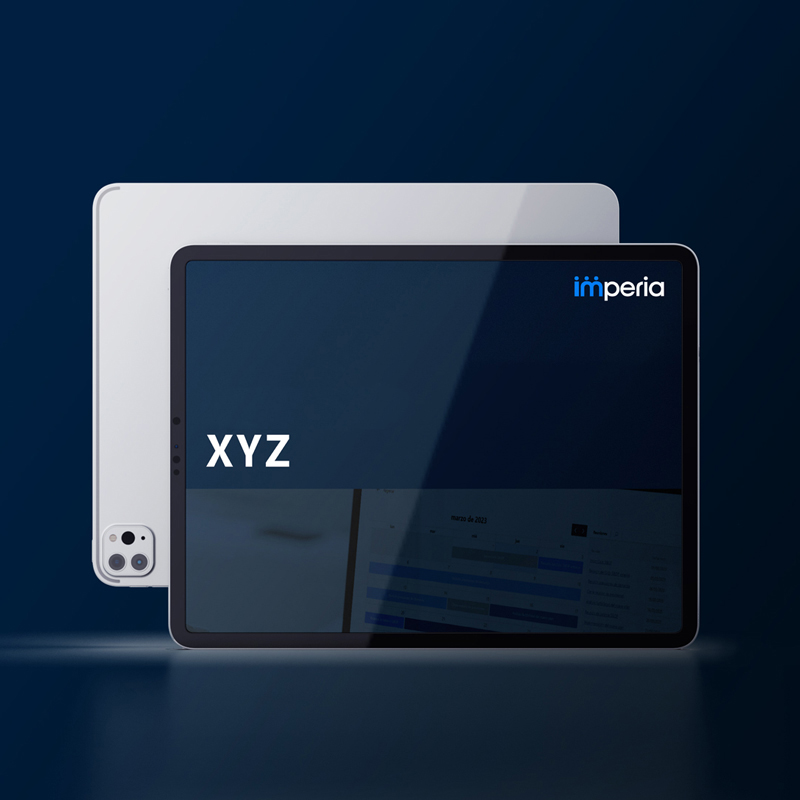
Enter your email and download the content
In supply chain management, identifying key elements that require special attention can make the difference between success and failure.




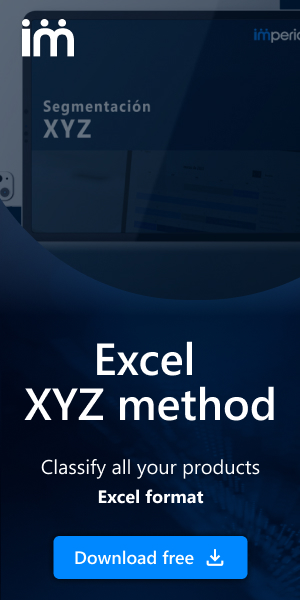




















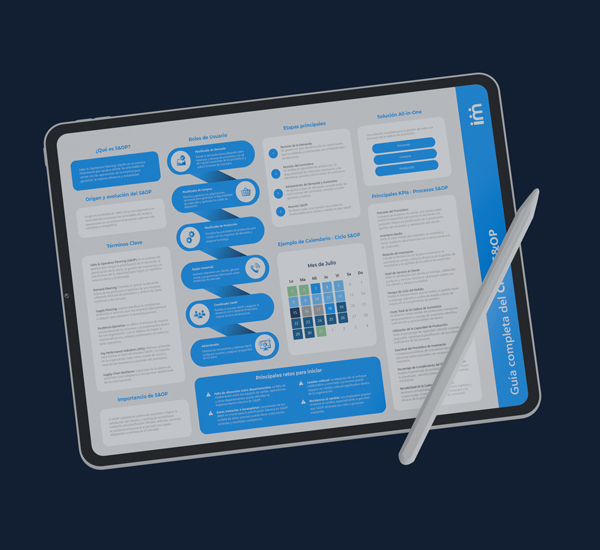


















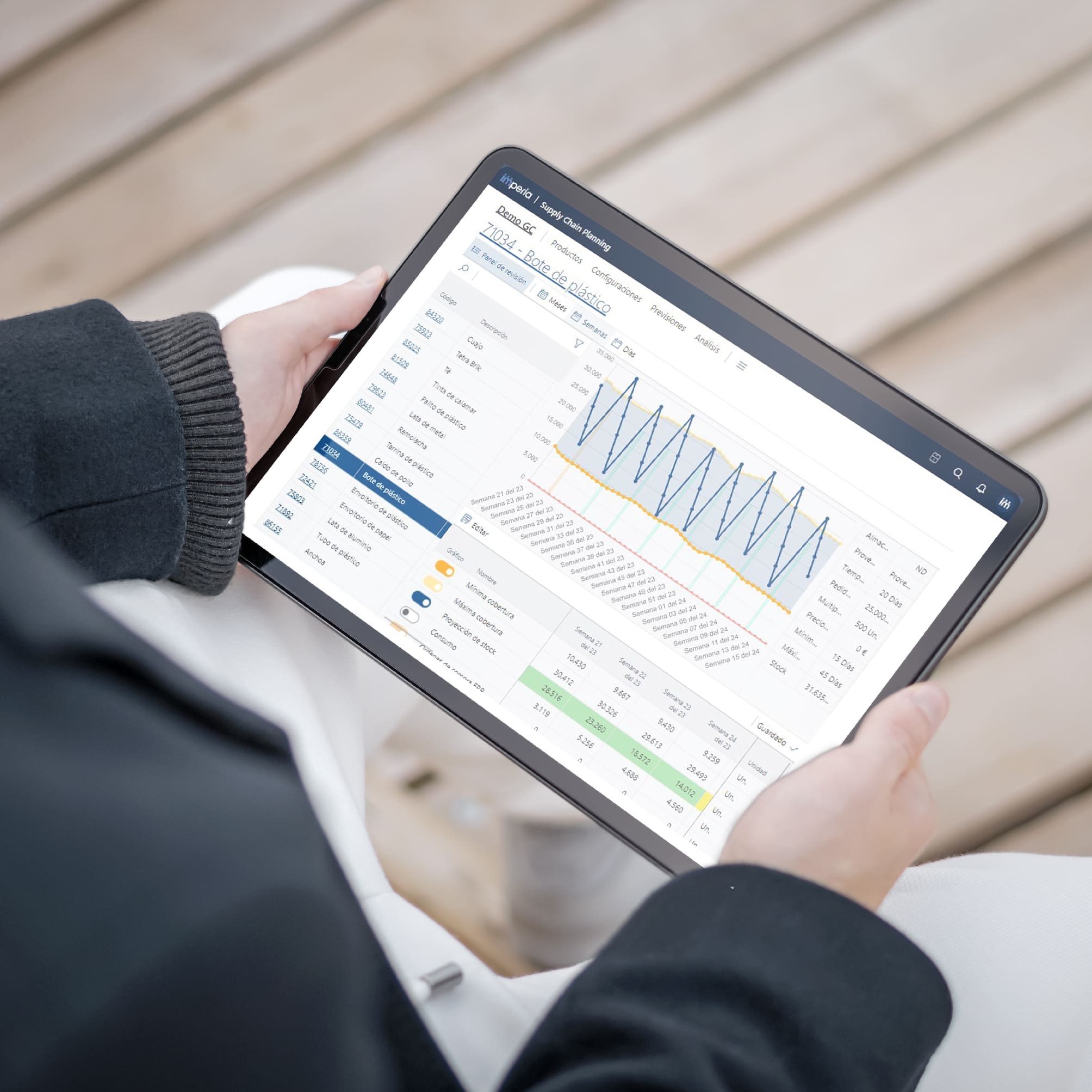















 Imperia_thumbnail.jpg)













